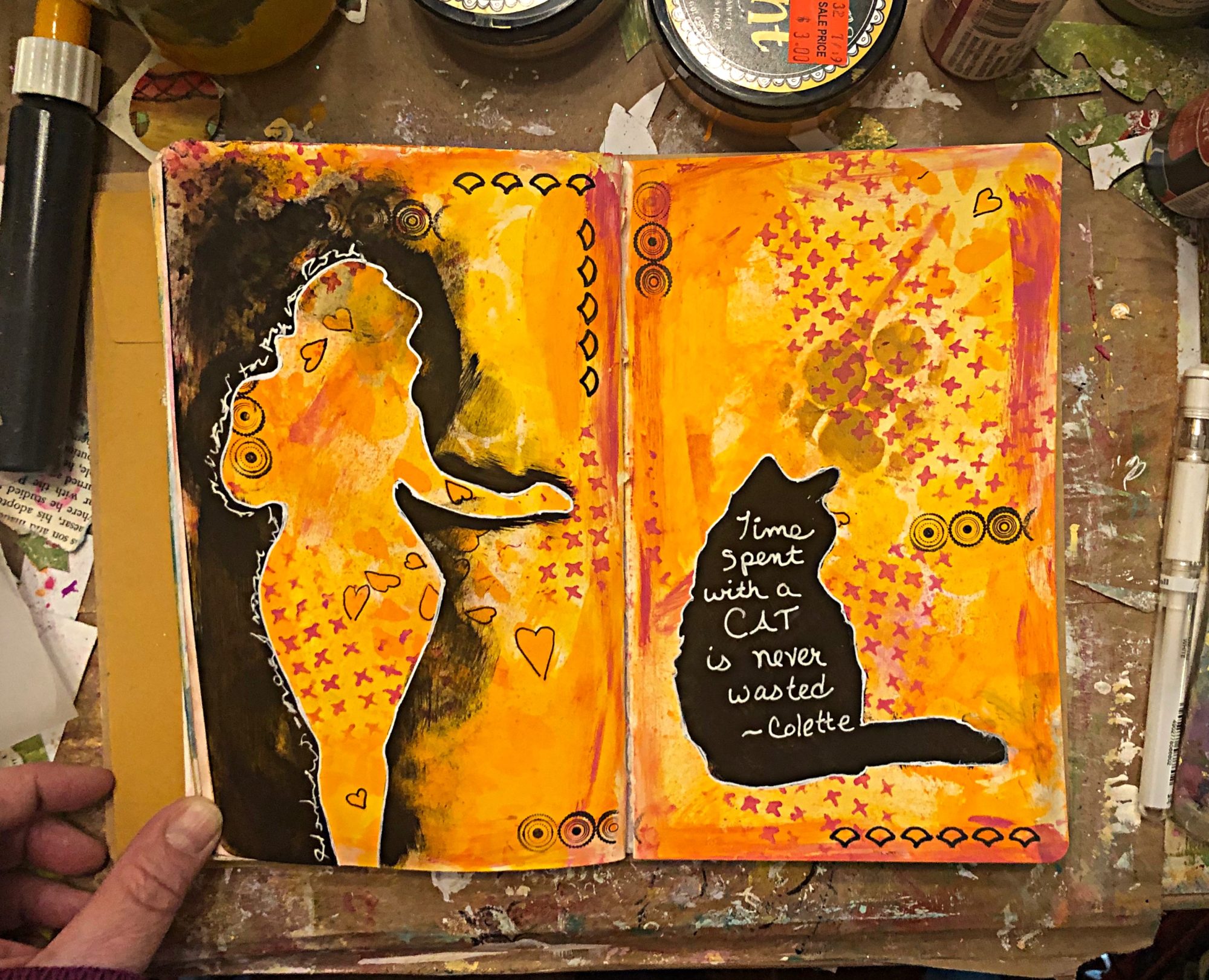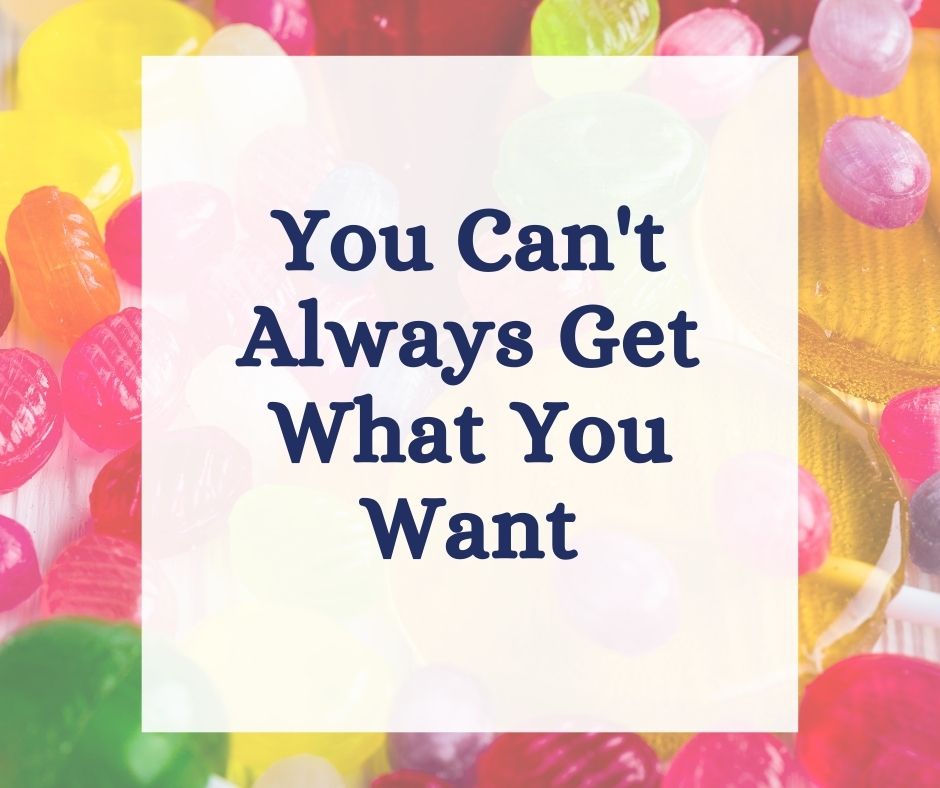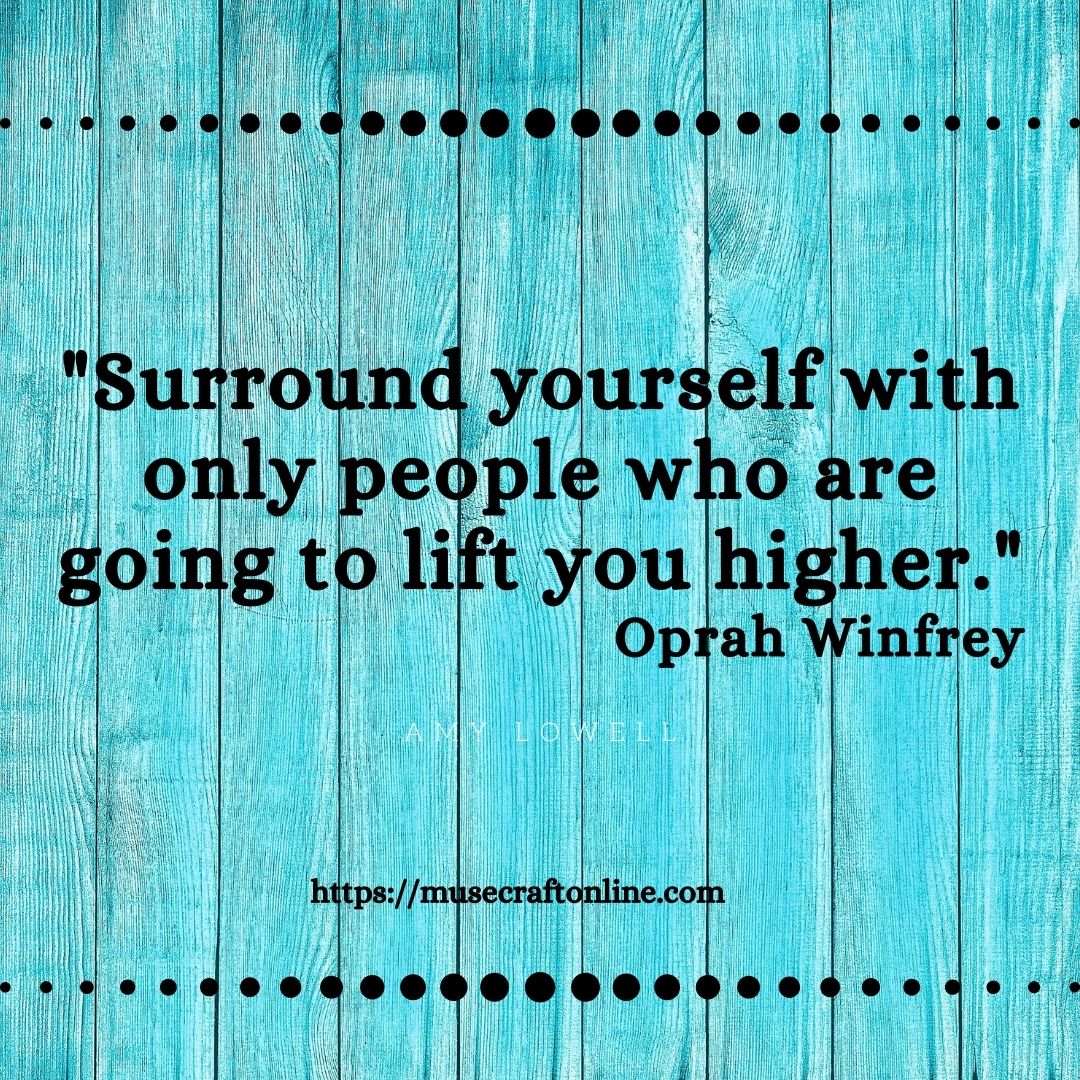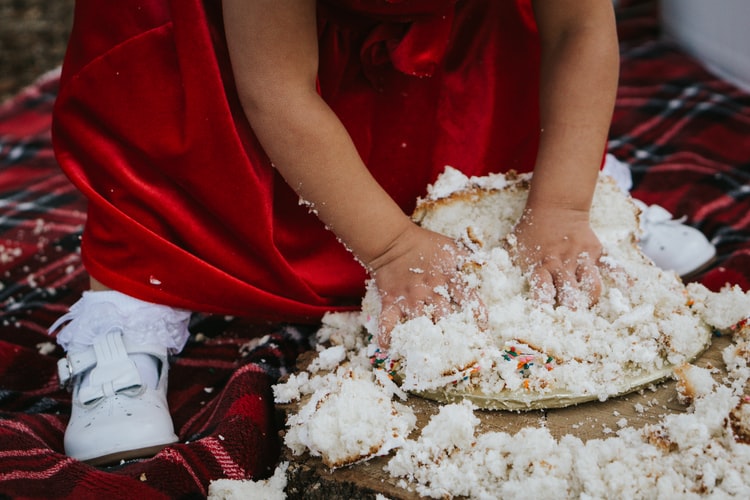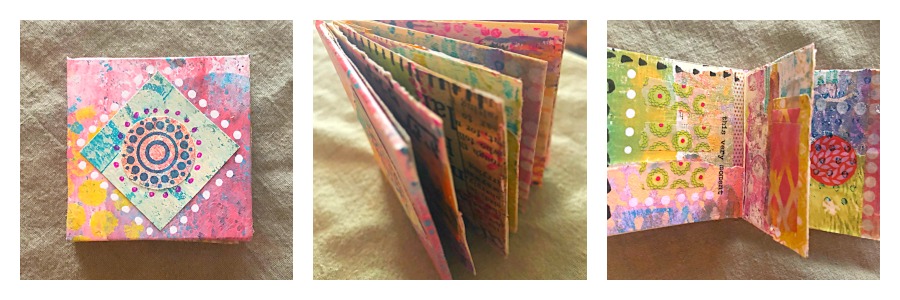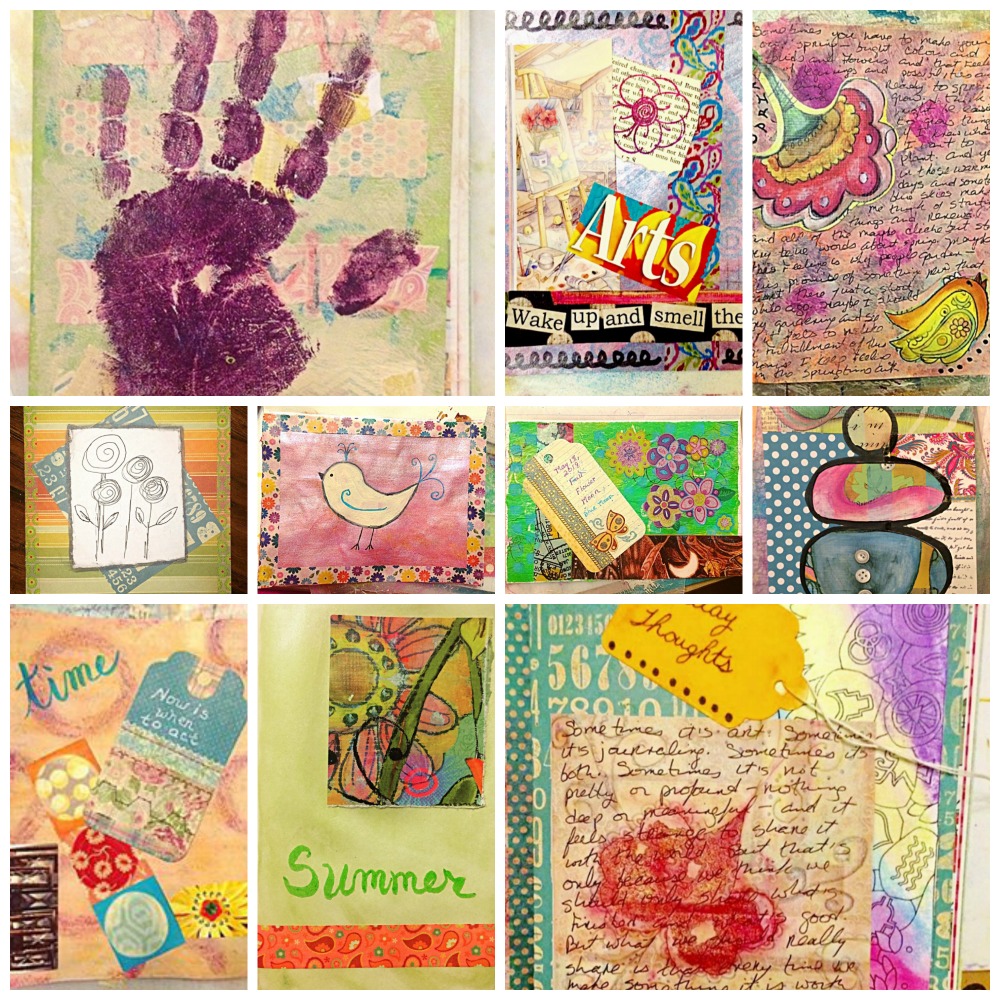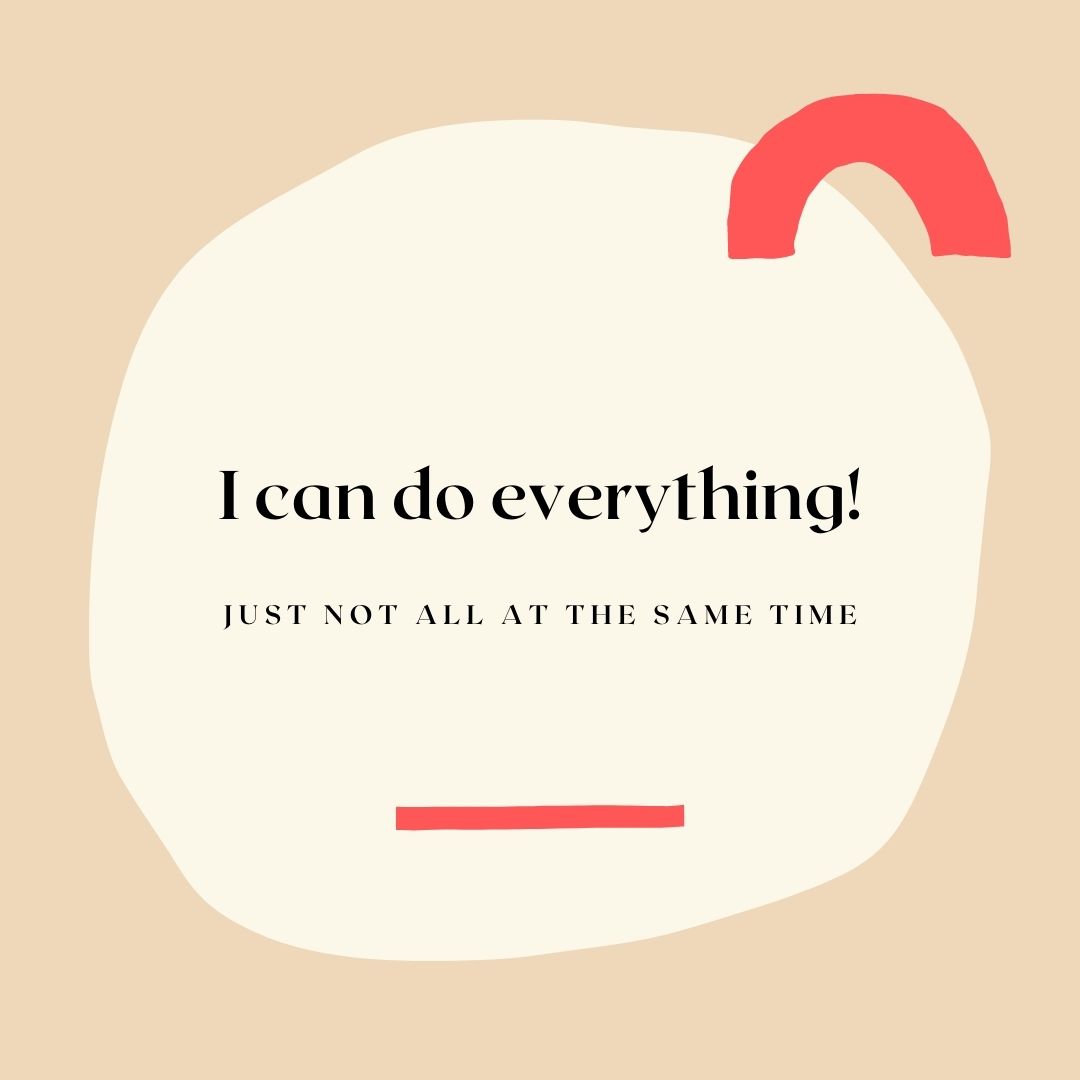
We humans love lofty goals. It makes sense. When you do something huge, it feels great, and it makes for great stories. We love those big success stories, and we want them for ourselves!
And really, there's nothing wrong with aiming for the huge wins. Why not? We just have to remember to keep our definition of success flexible and wide, give ourselves time to do the work, and stick with things that are in our control.
That last part there? That's the most important. Don't measure your wins with things you have no control over. For example:
- Is your goal to be an author? You can't make a big publishing company choose your book. You can make a writing schedule and stick to it, send things out to agents and markets regularly, join a good writing group, keep taking next steps to be a better writer and reach out to those agents and markets with new work.
- If you want to lose weight, don't say "I'm going to lose 5 lbs. a week until I reach my goal." That exact number is not actually in your control. Instead, choose getting in a certain amount of exercise each week, making sure to get produce in at each meal, drinking enough water every day. You can control all of that, and it will move you toward your goal.
- Want to get a new job? Don't tell yourself you'll get a new job that pays X amount of money by a certain date. Instead, make small goals with steps like refreshing your resume, sending out a certain number of applications each week, taking classes to boost your credentials.
I see a lot of people in my creative circles and in the schools I teach in making goals that are outside of their control. And all this does is set you up for failure, which in turn leads so often to giving up. So if you have goals, yay! It's great to have things we're aiming for and things to focus on. And there's nothing wrong with keeping a wishlist that includes having your novel picked up by a big publisher or getting a new job that pays twice as much as the one you're in. But don't make those wishes your goals. Make your goals things you can control, break them into small steps and take those steps.
So what would you like to do? What steps in your control will move you in the direction you want to go? I'd love to hear your dreams and plans. Drop me a note in the comments!
Until next time,
Kim

